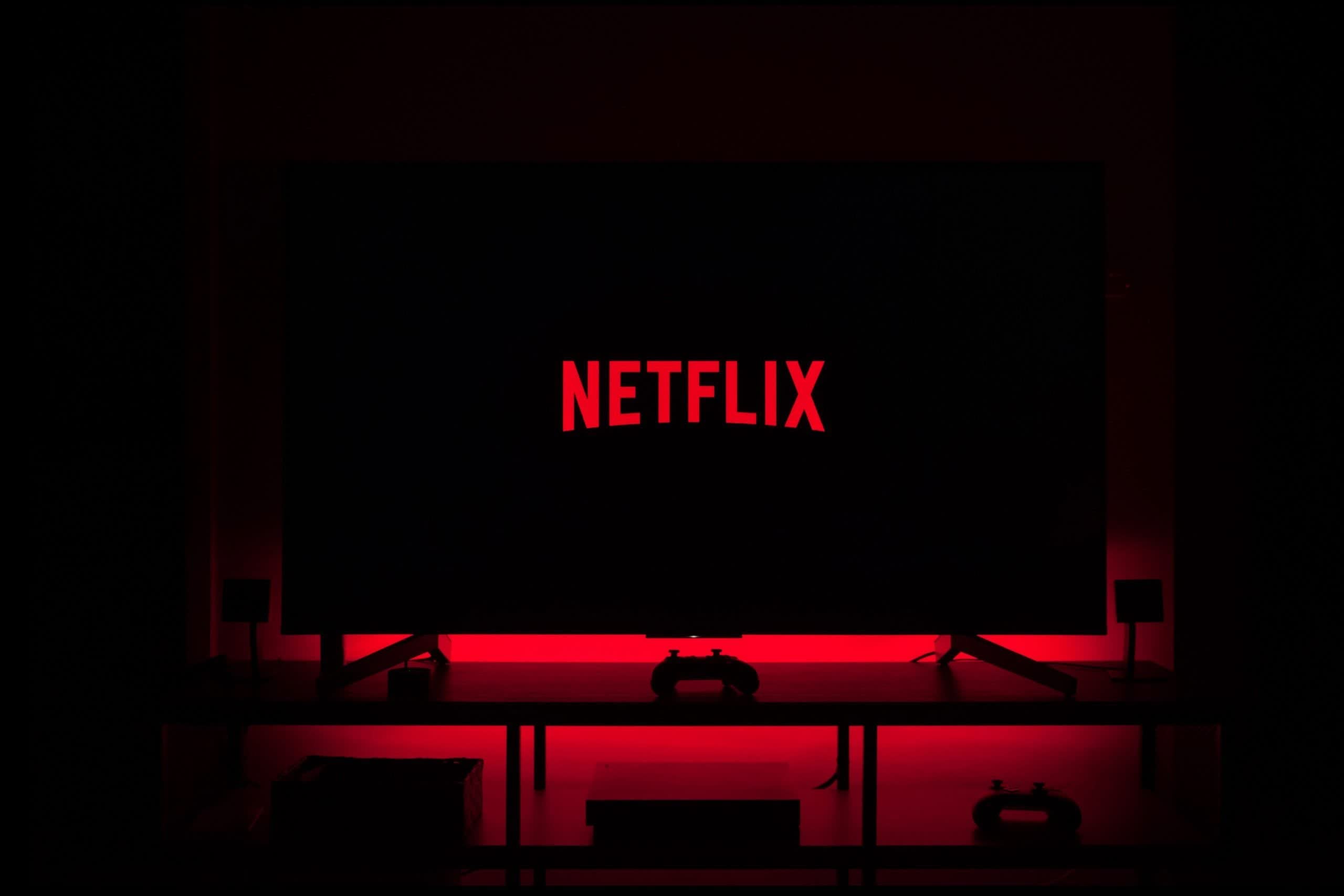A hot potato: It appears that Netflix is expanding its efforts to curb users from bypassing region locks with VPNs and proxies by banning hundreds of thousands of residential IP addresses. Now some legitimate subscribers that do not use a VPN are finding themselves unable to access some content.

Netflix began banning VPN providers in 2014 after receiving several complaints from rights holders. Users and VPN services continued to find workarounds, and in 2016, PayPal allied with Netflix by severing payment processing services associated with some VPN providers. This back-and-forth has gone on for years.
One bypass that some VPNs adopted is to use residential addresses to route traffic through. Netflix's systems see these addresses as legitimate users, so those outside the US can bypass region locks. This method was not a big secret and worked for quite a while.
Hi Raymond, help is here!🚨 If you do not have proxies, VPNs, or other routing software but still see this message, contact your internet service provider. They'll be able to determine why your IP address is associated with proxy or VPN use.👉 https://t.co/JMty6kcu3j ^KG
— Netflix CS (@Netflixhelps) August 11, 2021
However, TorrentFreak notes that Netflix now appears to be blocking residential IP addresses associated with certain VPN providers. WeVPN was the first to notice the streaming service blocking its residential addresses. The problem with this is that hundreds of thousands of subscribers who do not use a VPN are finding themselves limited to Netflix originals. Others are outright restricted from access and are presented with a notification to turn off their VPN.
While Netflix clearly has a right to stop VPN use in its service, banning entire blocks of residential IPs might not have been the best solution. The streaming giant is aware of the problem but has not officially acknowledged it or proposed a suitable solution. The best fix Netflix Customer Service Twitter feed can produce is to contact your ISP to see if they can tell you why your IP address is associated with a proxy or VPN.